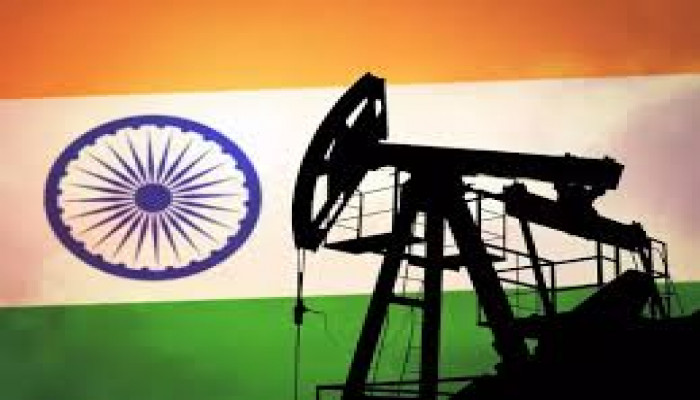India to build first commercial crude oil strategic storage
- In Reports
- 08:48 PM, Apr 03, 2024
- Myind Staff
The CEO of Indian Strategic Petroleum Reserves Ltd (ISPRL) stated that India intends to establish its inaugural privately managed strategic petroleum reserve (SPR) by 2029-30, granting the operator the liberty to trade all stored oil. This approach aligns with the model implemented by nations like Japan and South Korea, where private lessees, predominantly oil majors, are permitted to engage in crude trading.
India has currently permitted only partial commercialisation for its three existing strategic petroleum reserves (SPRs) located in southern India, which collectively hold a capacity of 36.7 million barrels. The country intends to construct two new SPRs: the first being an 18.3 million barrels cavern in Padur, situated in southern Karnataka state, followed by a 29.3 million barrels SPR in eastern Odisha state.
Private partners will be authorised to trade all of the stored oil domestically. ISPRL chief executive L.R. Jain mentioned that in the event of a shortage, the government will be given priority access to the oil.
ISPRL, tasked with overseeing India's strategic petroleum reserves (SPRs), recently released a tender to assess interest from both domestic and international companies for the Padur SPR, as stated by Jain. He mentioned that they aim to finalise the tender on a design, build, finance, operate, and transfer basis by September, with the SPR anticipated to be completed within 60 months from the initiation of the project.
India, the world's third-largest oil importer and consumer, is eager to enhance its SPR capacity as a precautionary measure against global supply interruptions and price surges.
Increasing oil storage capacity would enable India to fulfill the requirements for membership in the International Energy Agency (IEA), which mandates its members to maintain a minimum of 90 days' worth of oil consumption. In February, the IEA stated that India's oil reserves, including SPR volumes, were adequate to cover approximately 66 days of consumption.
According to Jain, ISPRL estimates that the construction of the Padur SPR, along with the associated pipeline and oil import facility, would incur a cost of approximately 55 billion rupees ($659 million). He mentioned that the federal government is expected to provide up to 60% of the total funding.
According to him, the bidder requesting the least amount of federal financing or offering the highest premium for the 60-year lease would be granted the rights to operate the SPR.
Image Source: News Drum







Comments